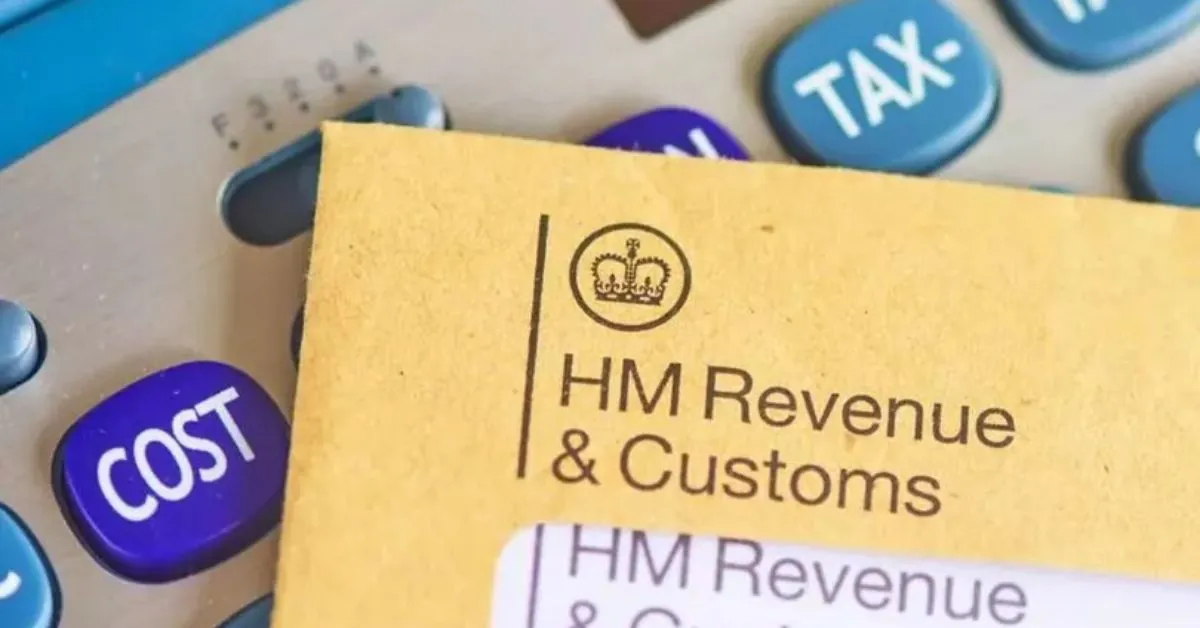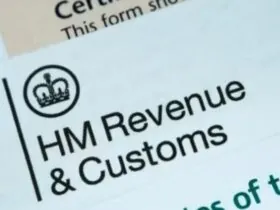The HMRC has launched a significant initiative aimed at older women, urging them to check their State Pension payments. The call is in response to a historic error discovered by the Department for Work and Pensions (DWP), which found that many women have been underpaid due to missing Home Responsibilities Protection (HRP) periods. The initiative could lead to substantial arrears payments, potentially totaling thousands of pounds for those affected.
Historic State Pension Injustices Identified
This Article Includes [hide]
In an investigation by the DWP, it was revealed that a number of women have been receiving less than they were entitled to due to the omission of HRP periods in their pension records. HRP is a protection that ensures individuals who were caring for children or sick or disabled individuals are not penalized when it comes to their pension entitlements. The absence of this protection for many women over the years has resulted in underpayments of their State Pension.
The LEAP Corrections Exercise
To address this issue, HMRC and DWP have launched the Legal Entitlements and Administrative Practice (LEAP) corrections exercise. This exercise aims to identify women who may have been affected by the historic HRP errors and offer them the opportunity to correct their records. The correction process includes payments of arrears, ensuring that individuals receive the pension amounts they are due, as well as recalculating ongoing State Pension payments to reflect the changes.
370,000 Women Contacted
As part of the LEAP initiative, HMRC has contacted 370,000 women who may be impacted by the underpayment issues. The average arrears payment identified so far is £7,859 per individual, although this amount can vary depending on the circumstances. Women who have responded to the letters have already started to receive their arrears, and many are finding that the payments are providing significant financial relief.
The Impact So Far
From January 8 to September 30, 2024, HMRC identified 5,344 cases of underpayments, totaling approximately £42 million in arrears. These findings suggest that many women have been underpaid for a number of years. Although it is believed that around 43,000 of the women affected by the error have since passed away, their families are entitled to claim on their behalf. The families of deceased individuals can still submit claims, ensuring that the pension arrears are paid to the rightful recipients.
Who Can Apply for HRP?
Those who may be eligible for HRP and wish to correct their records should apply as soon as possible. If, for any tax year between 1978 and 2010, you shared the care of a child under 16 with a partner who claimed Child Benefit instead of you, you may be able to transfer their HRP to your own record. Additionally, if you cared for a sick or disabled person during these years, you may also be eligible to apply.
For residents of Scotland, there is also the opportunity to apply if you were a foster carer or a kinship carer between 2003 and 2010. Kinship carers are those who care for a relative’s child, and this provision ensures that these individuals are not disadvantaged when it comes to their State Pension entitlements.
Prioritizing Those Over Pension Age
HMRC is prioritizing older women and those who are already over pension age for contact. As part of the LEAP exercise, these individuals are being contacted first to ensure they receive the appropriate corrections and arrears payments as quickly as possible.
What to Do if You Think You’re Affected
If you believe you may be affected by the missing HRP periods or have received a letter from HMRC, it is crucial to respond promptly. If you haven’t yet received a letter but think you may be eligible, you can contact HMRC or visit their website to find out more about the correction process and how to apply for HRP.
The LEAP corrections exercise is an important step in ensuring that older women receive the pensions they are entitled to. With arrears payments already reaching millions of pounds, many women are benefiting from this much-needed initiative. For those affected, this could mean substantial financial compensation and a more secure retirement.








Leave a Reply